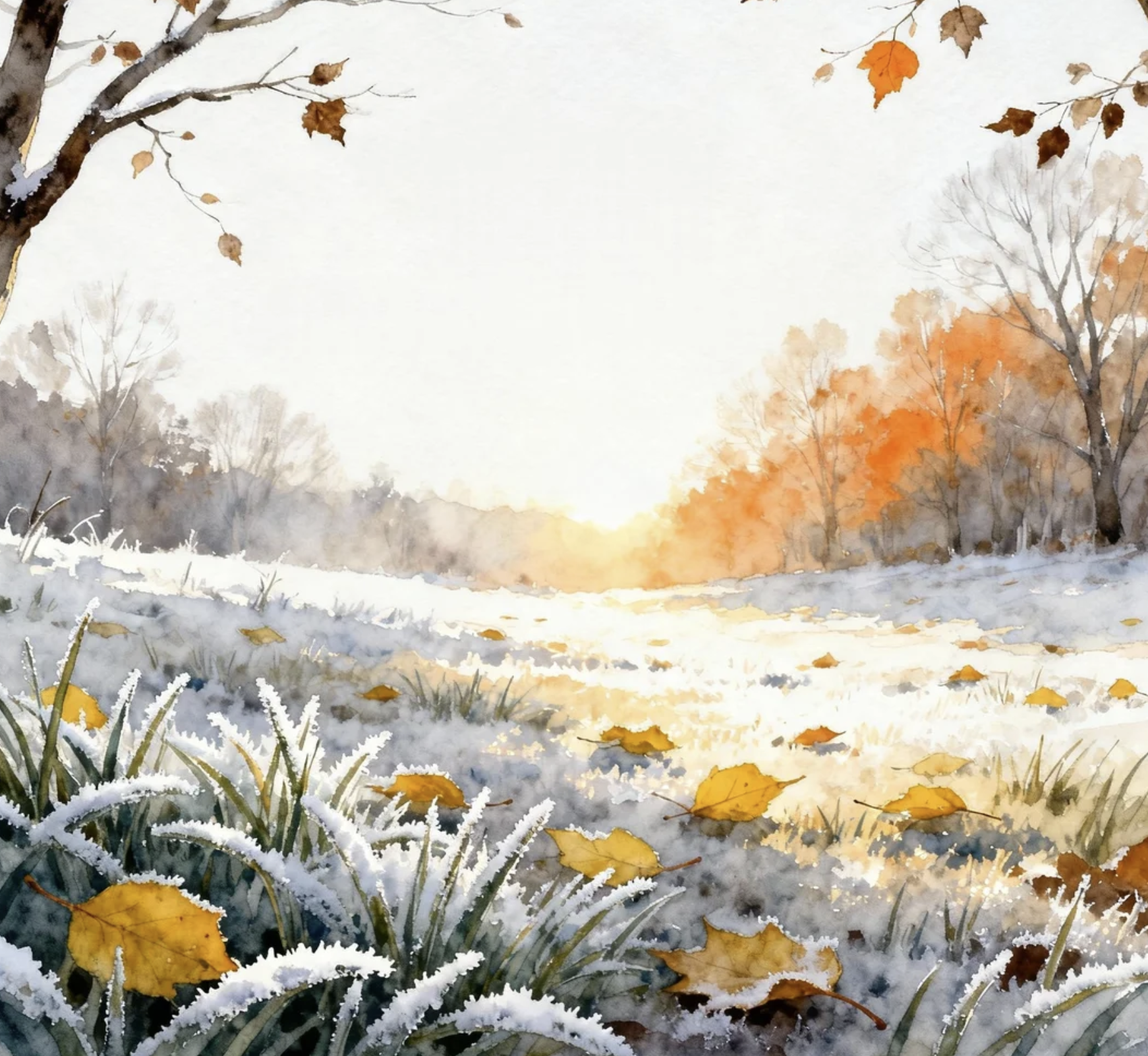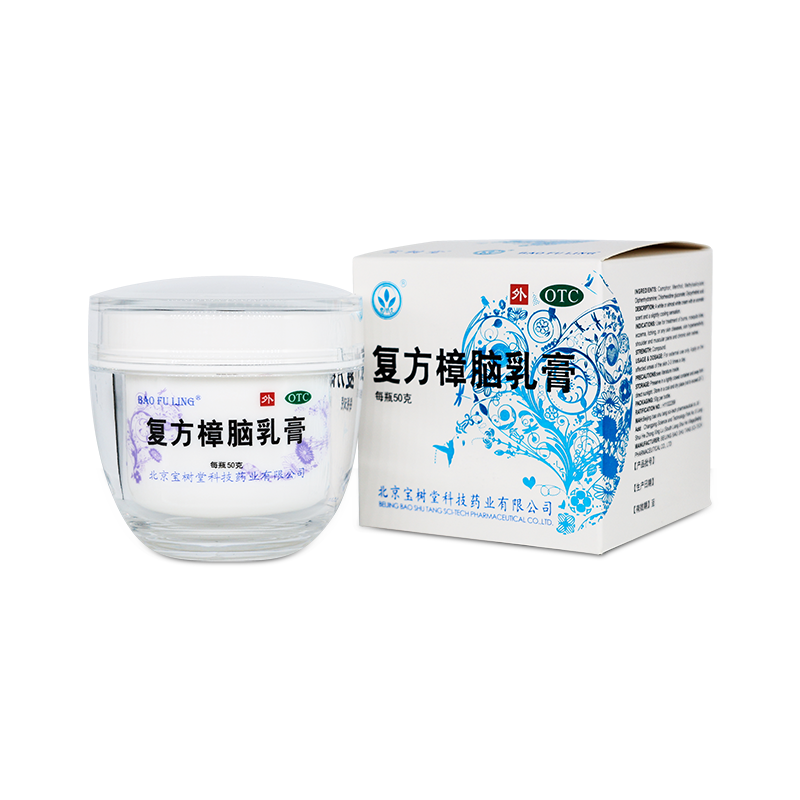Frost Descent marks the eighteenth of the twenty-four solar terms and concludes the autumn season. During this time, the temperature difference between day and night noticeably increases, and morning dew gradually crystallizes into white frost, signaling winter's approach. As the old saying goes, "Nourishing the body at Frost Descent is better than doing so in winter," highlighting this period as not just a seasonal transition but a critical point for wellness.
In traditional Chinese medicine, this is when yang energy shifts from "gathering" to "storing." While dryness lingers, cold begins to prevail. If one nurtures their health appropriately during this adaptation period, it builds a solid foundation for winter. The core principles are: preventing cold, moisturizing dryness, and nourishing internal reserves—all while following nature's rhythm and protecting both body and mind.

Frost Descent nutrition should "decrease bitterness and increase sweetness," favoring foods that are moderately warm, moisturizing, and easily digestible, while avoiding cold foods that might harm the spleen.
Spleen-warming and Stomach-nourishing Foods:
(1) Sweet potatoes, yams, pumpkin, taro: mild in nature, these strengthen qi and the spleen while being easily digestible.
(2) Millet, red dates, job's tears: excellent for warming porridges, particularly beneficial in mornings or evenings.
Moderate Tonics (Avoiding Excess):
(1) Beef, lamb, chicken: consume in moderation to enhance strength and cold resistance; balance their warming properties by cooking with radish or yam.
(2) Duck and rabbit meat: neutral or slightly cooling, suitable for those with weak constitutions or who tend to develop internal heat.
Yin-nourishing and Moisturizing Foods:
(1) Pears, apples, ginkgo nuts, water chestnuts: moisten the lungs and generate fluids; cook before eating to reduce coldness.
(2) Honey: a morning cup of warm honey water moistens dryness, promotes bowel movements, and beautifies the skin.
(3) Sesame seeds, walnuts, white fungus: moisturize skin, lubricate intestines, and protect lungs.
Seasonal Recipe Recommendations:
(1) Yam and Pork Rib Soup: strengthens the spleen, stabilizes kidneys, nourishes yin, and moisturizes dryness.
(2) Ginkgo and Chicken Soup: warms and supplements lung qi, counteracts cold.
(3) Sweet Potato, Pumpkin, and Millet Porridge: warms the center, benefits qi, supplements blood, and nourishes the stomach.
(4) Lily Bulb and Pear Soup: moistens lungs, alleviates cough, calms the spirit, and aids sleep.
Key Areas for Warmth Protection:
(1) Head and neck: wear hats and scarves to prevent wind and cold invasion that could trigger migraines or cerebrovascular issues.
(2) Abdomen: avoid exposure to cold to prevent stomachaches and diarrhea.
(3) Knee joints: add knee protection in cold weather, especially important for the elderly and those with arthritis.
(4) Feet: soak in warm water before bed, perhaps adding mugwort or Sichuan peppercorns to warm the meridians.
Schedule Adjustment:
Follow the "early to bed, early to rise" principle. Early sleep preserves yang energy and liver blood, while early rising helps expand lung qi, aligning with autumn's descending rhythm.
After Frost Descent, choose gentle exercises that don't induce heavy sweating: tai chi, baduanjin, slow jogging, yoga, and walking all help boost constitution.
Exercise is best during sunny, relatively warm periods, avoiding chilly mornings. Change clothes promptly after exercise to prevent cold from entering the body.
As plants wither in autumn, sadness often arises. Traditional Chinese medicine notes: "Grief injures the lungs," making emotional management particularly important now.
Maintain a composed mindset through gentle music, calligraphy, painting, reading, or other calming activities.
Socialize with family and friends to dispel feelings of isolation.The tradition of climbing heights during Frost Descent enhances cardiopulmonary function while broadening one's perspective and lifting spirits.
Respiratory system: colds, coughs, asthma, bronchitis, etc.
Digestive system: chronic gastritis, gastric ulcers may recur due to cold stimulation.
Cardiovascular system: sudden temperature drops can trigger hypertension or stroke.
Bone and joint diseases: arthritis and "old cold legs" symptoms worsen in cold environments.
The essence of wellness during Frost Descent can be summarized in one word: harmony. Balance in diet—neither too cold nor too dry; living habits that follow natural timing; gentle and appropriate exercise; and a calm, stable emotional state. Mastering this transitional period is like adding a solid layer of protection for your body, allowing you to enter winter safely.

During the dry and cool Frost Descent season, skin easily becomes itchy and cracked. We recommend using Bao Shu Tang BAO FU LING Compound Camphor Cream, which moisturizes and soothes discomfort, providing your skin with meticulous care before winter arrives.